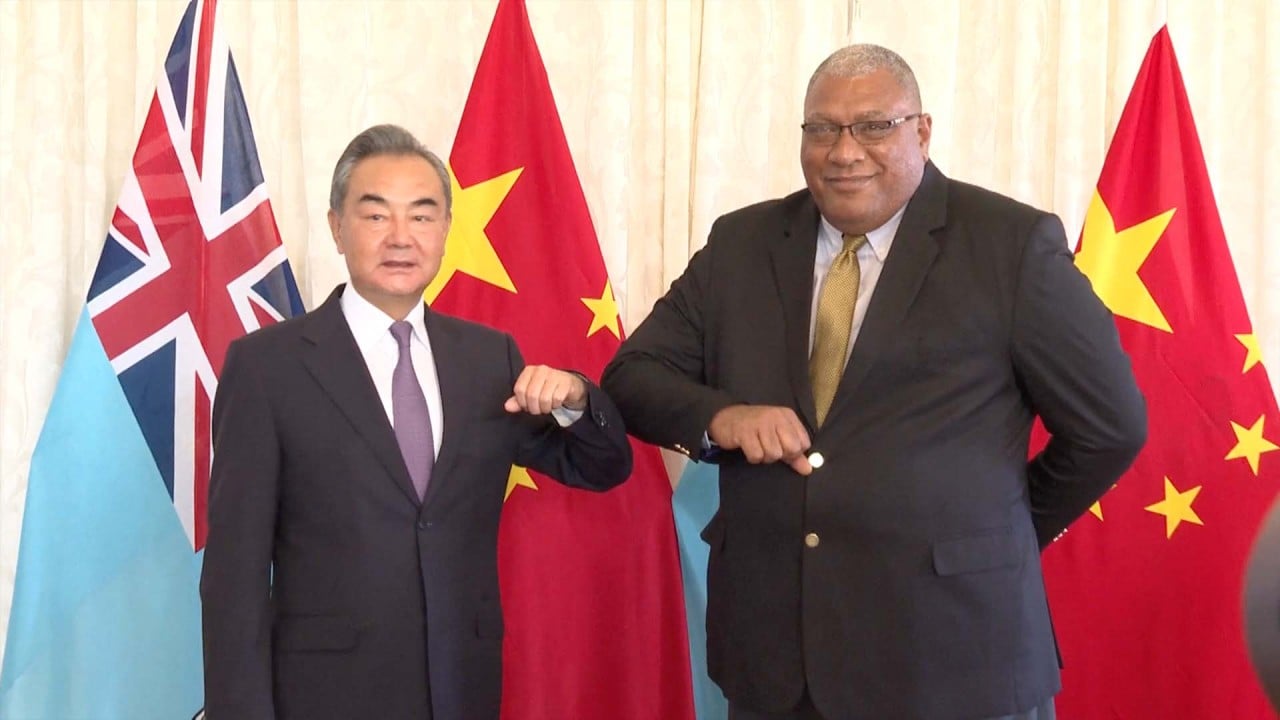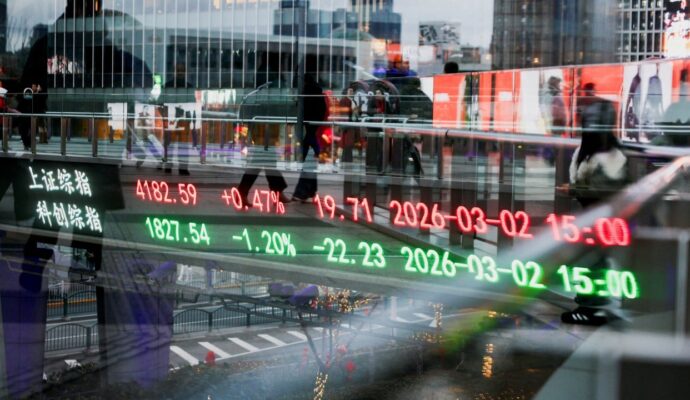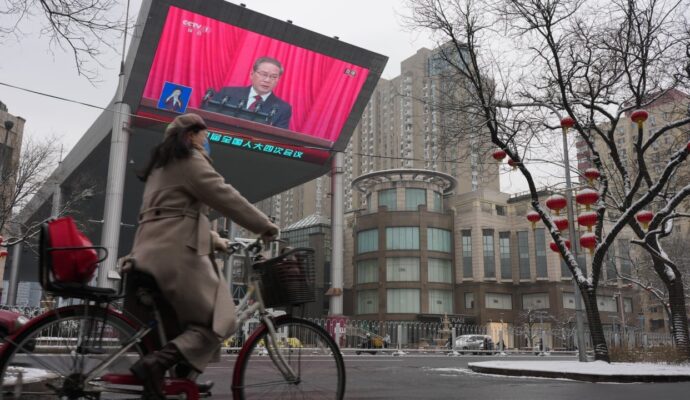Australia, the island’s traditional police force partner, also reacted by stepping up police supplies and has urged the island government to renew its own security treaty.
This week, Sogavare signed a raft of deals with Premier Li Qiang, covering development, trade, infrastructure, and policing – allowing China to maintain a police presence in the Solomon Islands for another three years. He also invited the Chinese leaders for a return visit “at an early date”.
“This is part of China’s post-Covid diplomatic offensive,” said Zhiqun Zhu, an international relations professor at Bucknell University in Pennsylvania.
“While Beijing is trying to mend ties with Western powers, its focus has been on consolidating relations with developing nations, where China enjoys more support than in the developed world.”
Zhu added: “I think the South Pacific is a new focus of the [Belt and Road Initiative] with great potential for cooperation. The BRI already has footprints in other developing regions.”
Sogavare arrived on Sunday for a week-long visit which will see him visit Beijing and provinces of Jiangsu and Guangdong.
On Tuesday, he opened the Solomon Islands’ embassy in Beijing four years after his government switched diplomatic recognition from Taipei.
China is the Solomon Islands’ biggest trading partner and became the second largest official development assistance donor in 2021, according to data from the Lowy Institute, an Australian think tank.
Following the new China-Solomon Islands deal announced on Tuesday, Australian Foreign Minister Penny Wong’s office said there were concerns that the police cooperation plan “will invite further regional contest” and transparency about their intentions”
Zhu noted that as the US-China rivalry intensifies, these small island nations may face pressure from both Washington and Beijing to pick sides.
“It requires the political wisdom of these small nations to manoeuvre their relations with big powers,” he said, but the Pacific islands typically do not view China with suspicion like the West and make judgments based on their developmental interest.
Yu Lei, a professor at the Centre for Pacific Islands Studies at Liaocheng University in Shandong province, said the Solomon Islands was looking to China in the face of falling aid from the West.
“Covid crippled the economic and financial capability of the US-led West to provide the Pacific island countries with tangible assistance that they are in desperate need of,” Yu said, adding that inflation in the US, Australia and New Zealand have further constrained aid.
In contrast, the Chinese government wanted to seek overseas markets and investment destinations and could offer commodities and low-end manufacturing tech and know-how to these developing countries, he said.
“It is of much strategic significance for China to intensify its relations with Pacific Island countries to neutralise the military threat of the US bases [in the region]”, Yu said.
Austin Strange, an assistant professor of international relations at the University of Hong Kong, said there were “clearly strong infrastructure objectives underpinning” Sogavare’s visit.
“Since the establishment of diplomatic relations a few years ago, it is clear that economic infrastructure projects are an important component of the bilateral relationship,” he said, citing examples like the US$75 million stadium which China built for the Solomon Islands to hold the 2023 Pacific Games.
Chinese tech giant Huawei is also building 161 mobile telecom towers under a deal last year involving a loan of US$66 million from Beijing.
Strange said although Solomon Islands and other Pacific Island states are small markets, they are attractive destinations for Chinese overseas infrastructure investments, “especially as similar opportunities may be diminishing in larger developing countries that already borrowed significant amounts from Chinese policy banks”.



